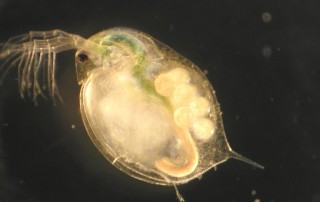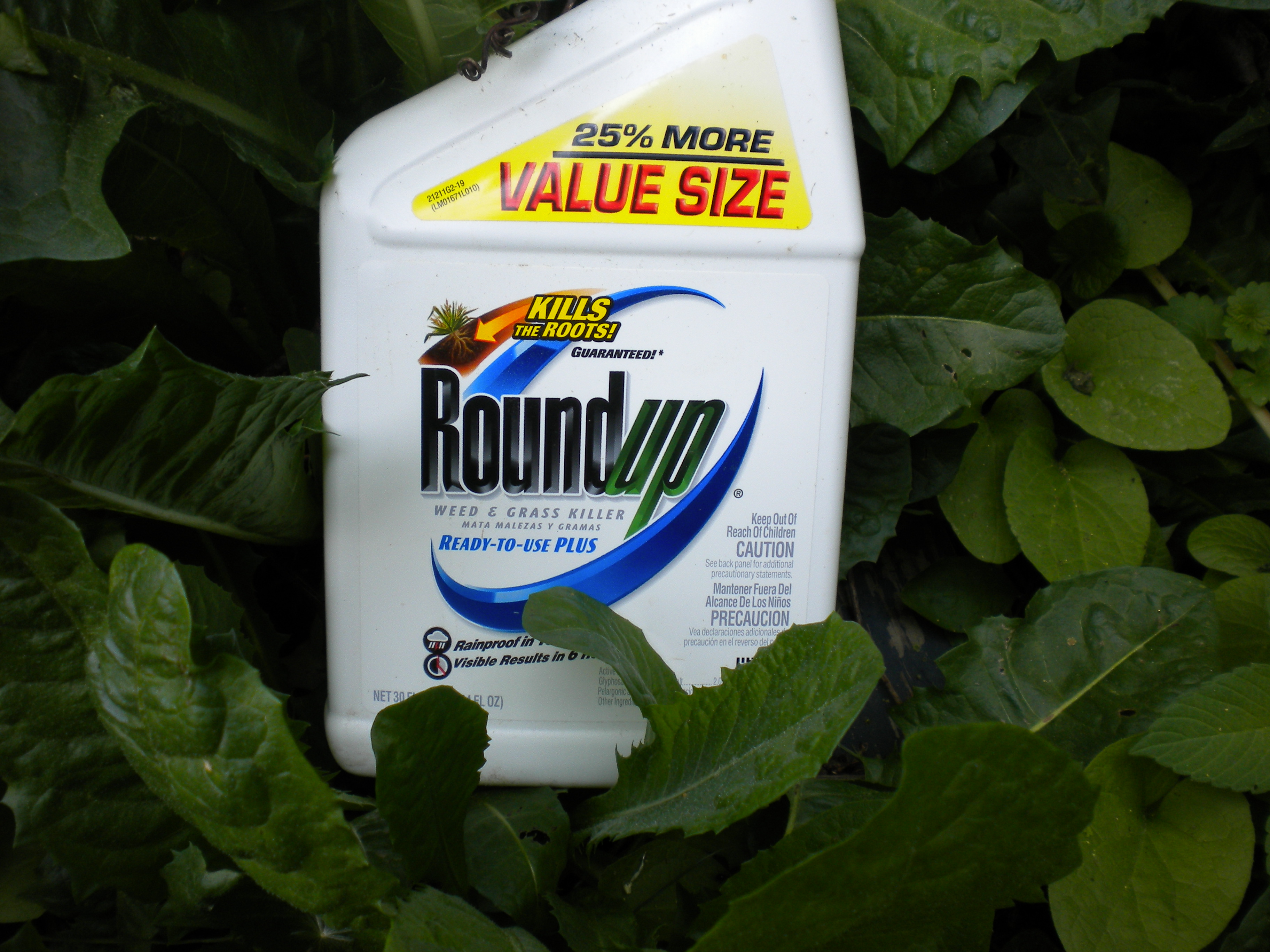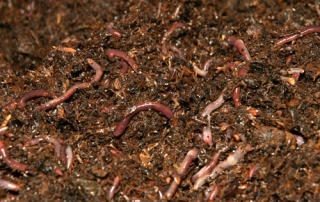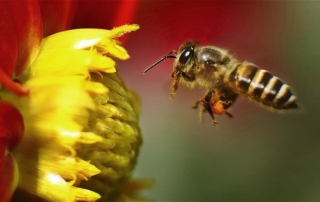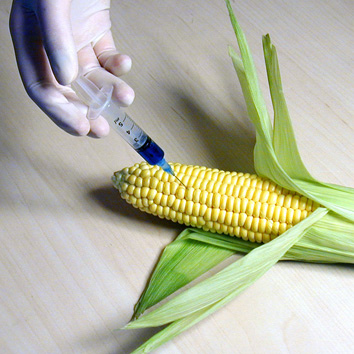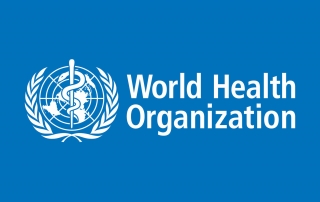Long-term exposure to leaves of MON810 GM Bt maize causes reduced growth and fertility in Daphnia magna (water flea), compared with the level of the non-GM parent variety (isoline), a new study has found. (more…)
Dr Pandey: Monsanto’s Roundup Herbicide is a Hormone Hacker
The glyphosate-based herbicide Roundup is an endocrine (hormone) disruptor in adult male rats, a new Indian study shows. (more…)
Dr Mesnage: Review Shows Potential Toxic Effects of Glyphosate Herbicides at Low Doses
This review shows that Glyphosate-based herbicides cause teratogenic, tumorigenic and hepatorenal effects. These effects could be explained by endocrine disruption and oxidative stress. Some effects were detected in the range of the recommended acceptable daily intake. (more…)
Dr Zaller: Glyphosate Reduces the Activity and Reproduction of Earthworms
Glyphosate-based herbicides reduce the activity and reproduction of earthworms and lead to increased soil nutrient concentrations. (more…)
Dr Farina: Sub-lethal Doses of Glyphosate affect Honeybee Navigation
This study shows it’s not only neonicotinoid insecticides that are destroying honeybees’ ability to navigate and therefore contributing to colony collapse. (more…)
Dr Jayasumana: New Research Supports Glyphosate Connection to Chronic Kidney Disease
New research supports the possibility that combined exposure to heavy metals and glyphosate has a synergistic effect leading to high levels of heavy metals accumulating in the kidneys. This in turn causes chronic kidney disease of the type that
Read More
Dr Sanders: Glyphosate Affects Nitrification in River Elbe Estuary
This latest study on levels of the World’s most used herbicide, glyphosate, shows that it has unexpected effects on the River Elbe Estuary in Germany. (more…)
Dr Trtikova: Unstable Bt Protein Levels in GM Crop MON810 Could Increase Pest Resistance
Scientists from Switzerland and Norway recently found in a unique study that the stress reactions of maize containing the DNA for the MON810 event are not predictable. The researchers found a large variation in the transgene expression and Bt protein content
Read More
World Health Organization: Glyphosate Is A Probable Human Carcinogen
The World Health Organisation’s cancer agency has declared the world’s most widely used weedkiller – glyphosate – a “probable human carcinogen” in a move that will alarm the agrochemical industry and amateur gardeners. (more…)
Dr. Heinemann: Roundup Can Cause Bacteria to Become Resistant to Antibiotics
Research lead by a team from the University of Canterbury, New Zealand has found that commonly used herbicides, including the world’s most used herbicide Roundup, can cause bacteria to become resistant to antibiotics. (more…)





